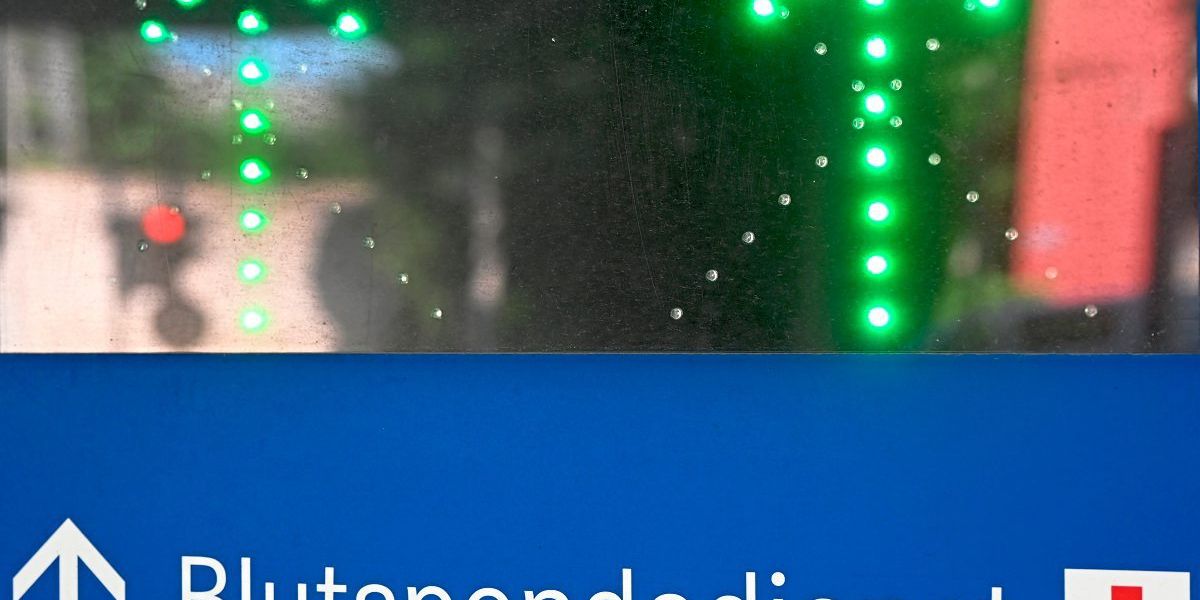Been to Porto Alegre? With its tens of millions and a half of inhabitants, it is, demographically, only the tenth city in Brazil. But, in numerous respects, it concentrates all the troubles and contradictions of this pretty much continental nation. The neighborhoods in which the bourgeoisie and the bourgeoisie stay, owning totally benefited from the economic restoration of the Lula many years, are flanked by the favelas exactly where individuals who have not but been totally relieved of distress by the passage to power of the Workers’ Celebration endure. It is right here that José Falero, in this seething and violent metropolis, established the motion of his initial novel. And for very good reason! It is in this article that he lives and has normally lived, with the implies at his disposal, his occupation, clearly echoing that of his characters, in unique his first just one.
Pedro is 20 decades old, life with his mom in a rickety hovel in just one of the area favelas and performs in a supermarket. The forecastle, with Marques, his colleague and good friend, efficiently carried out his obligations as warehouse keeper. Not to the issue of remaining satisfied with it. They consequently organized an entire mowing procedure, with the complicity of most of the workers, for the sole purpose of improving their day-to-day daily life.
Apart from Pedro is also a thinker. The readings of him, in distinct of the is effective of a specific Karl Marx, gave him caustic concepts about the way the earth is effective, about this capitalist procedure developed on the exploitation of gentleman by man, on profits concentrated by the several, let us pass is the finest. Like him, Pedro is a well-known rhetorician. With his speeches she even has the art of puzzling regular persons. But he also desires to set his principles into practice, go from words to deeds, being thorough to preserve rationale. On the other hand, 1 thing is distinct to him. What thrives all over him is drug trafficking. But a visitors that goes to the most lucrative, in this scenario crack and cocaine, and which welds its rivalries to the level. There is as a result a totally free market, that of grass.
A special and tasty type
Pedro then decides to occupy it, but without violence, allowing for himself to be acknowledged by every person and distributing the earnings to his accomplices according to the basic principle of equality that is expensive to him. And, with his pal Marques, retain his work at the supermarket, out of elementary caution. How far will his commercial achievements go and how significantly will he want to extend it? Will he be ready to stay clear of settling scores with individuals who will be drawn to his sudden prosperity of him? You will know all this by looking at the novel by José Falero. And you will have a ton of enjoyment.
Initial, because it makes use of a model that is as distinctive as it is scrumptious. Specific descriptions, virtually meticulous, that leave us nothing of Porto Alegre, as if we were being going for walks there. And over all dialogues, a lot of and talkative, in a immediate, practical and vibrant language, but also abundant in photos, which Hubert Tézenas’ outstanding translation provides us with ability. “Shit daily life! Much better to die than have a existence like mine. In actual lifestyle, I cannot even say I stay: I endure. If Pedro has good reasons for issue there ahead of determining to modify equipment, he is not the male to complain for extended. We can also see all the toughness of this caustic novel: nothing at all denying the whims endured by this youthful guy from Porto Alegre, but allowing himself be overcome by an irresistible breath of lifestyle. This adjustments us from the smug gaze at the navel that after once again characterizes a lot of the production of this French intimate return.
“Supermarket”. A novel by José Falero. Translated from the Brazilian by Hubert Tèzenas. Métailie editions. € 22.
–
–
–


